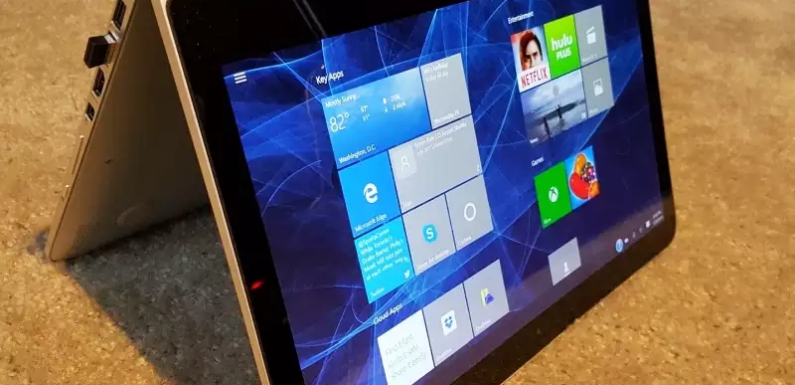
In the fast-paced world of technology, one device that has become an indispensable part of our lives is the laptop. Over the years, laptops have evolved significantly, transforming from bulky, limited devices to sleek, powerful machines that cater to various needs. This article takes a deep dive into the fascinating journey of laptops, exploring their history, key milestones, and the impact they’ve had on our lives.
A Glimpse into the Past: The Birth of Laptops
The concept of portable computers dates back to the 1960s, but it wasn’t until the 1980s that the modern laptop as we know it was born. In 1981, the Osborne 1 was introduced, considered the first true “portable computer.” It weighed a hefty 24 pounds and offered only a 5-inch display, yet it revolutionized the tech industry.
Throughout the 1990s, laptops remained relatively bulky and expensive, limiting their popularity to business professionals and tech enthusiasts. However, their portability factor made them indispensable for those who frequently traveled for work.
Milestones that Changed the Game
The turn of the millennium brought significant advancements in laptop technology. One of the most notable milestones was the introduction of the first ultrabook by Intel in 2011. This ultrathin and lightweight laptop set the standard for modern laptops, inspiring manufacturers to focus on thinner designs and longer battery life.
Moreover, the integration of touchscreens into laptops brought about a new era of user interaction. This development made laptops more intuitive and contributed to the rise of 2-in-1 convertible laptops, which can transform from laptops to tablets and vice versa.
Performance Takes Center Stage
Alongside their portability, laptops have been making strides in performance. In the early days, laptops were underpowered compared to desktop computers. However, advancements in processor technology, graphics cards, and cooling systems have bridged the performance gap significantly.
With the emergence of gaming laptops, users can now enjoy high-end gaming experiences without being tethered to a desktop. Additionally, laptops designed for content creation, equipped with powerful CPUs and high-resolution displays, cater to graphic designers, video editors, and 3D artists.
The Impact on Work and Lifestyle
The widespread adoption of laptops has revolutionized the way we work and live. Business professionals can now carry their offices with them, staying productive on the go. This increased connectivity has also led to the rise of remote work, allowing people to collaborate seamlessly from different corners of the world.
On the entertainment front, laptops have become our portable entertainment centers. With streaming services, gaming platforms, and social media at our fingertips, we can stay connected and entertained anywhere, anytime.
Challenges and the Future
Despite their numerous advancements, laptops face several challenges. One of the primary concerns is battery life. As laptops become more powerful, their energy demands increase. Manufacturers are continuously working on improving battery technology and efficiency to address this issue.
Another challenge lies in striking a balance between performance and portability. Consumers desire slim and lightweight laptops, but they also expect top-notch performance. Achieving this balance will require ongoing innovation and creative engineering solutions.
Looking ahead, the future of laptops is bright. The integration of artificial intelligence and machine learning will enable laptops to adapt to users’ habits and optimize performance automatically. Moreover, we can expect more innovations in display technology, such as foldable and rollable screens, further enhancing portability.
In Conclusion
From humble beginnings to powerful and sleek devices, laptops have come a long way. Their impact on our daily lives, work, and entertainment is undeniable. As technology continues to evolve, we can only anticipate more groundbreaking innovations that will shape the laptops of the future. Whether it’s for work or play, laptops will remain our trusted companions in the digital age.

